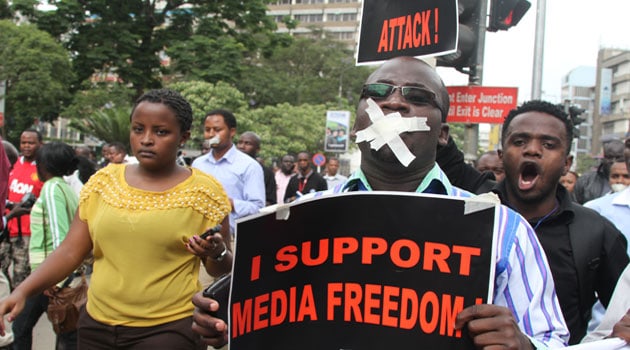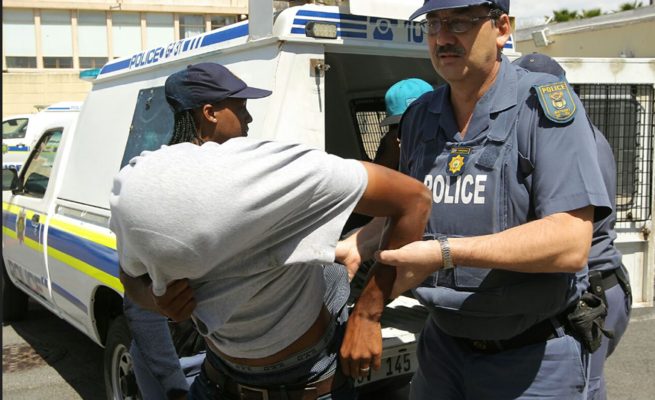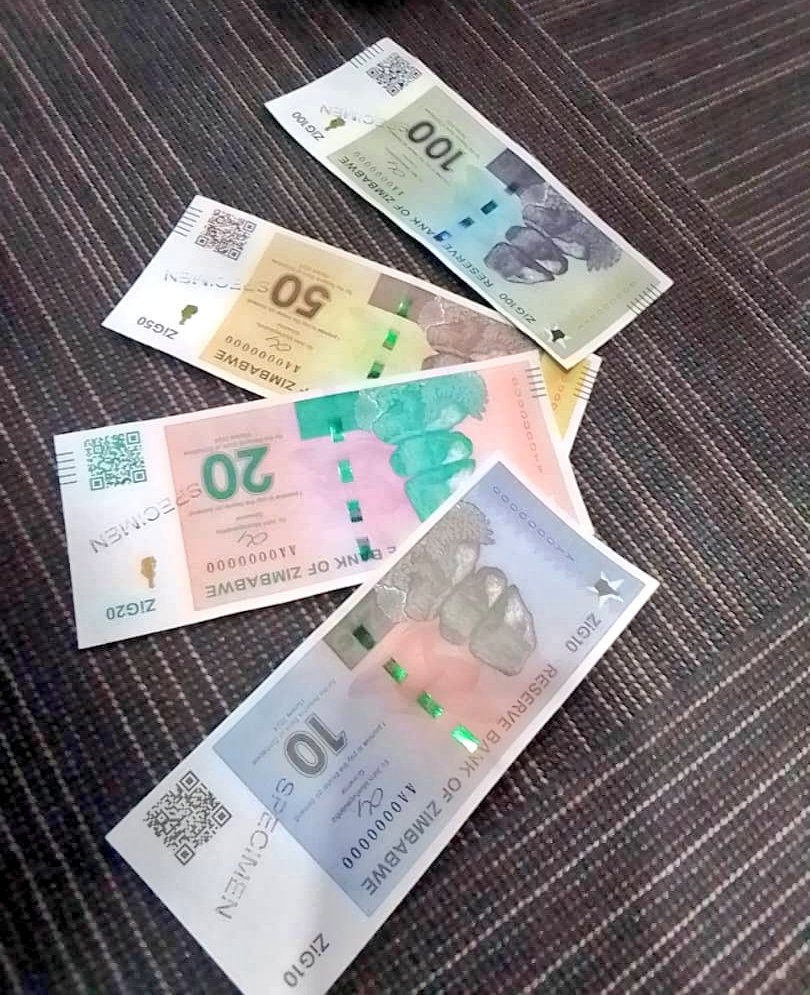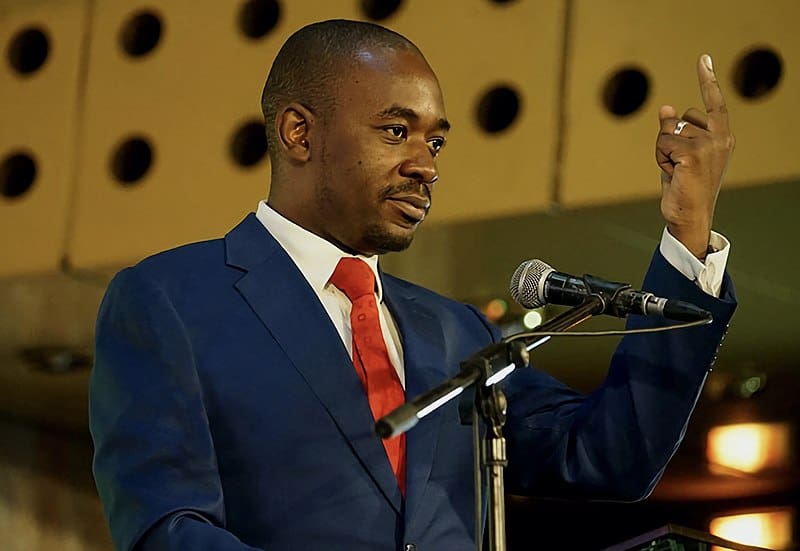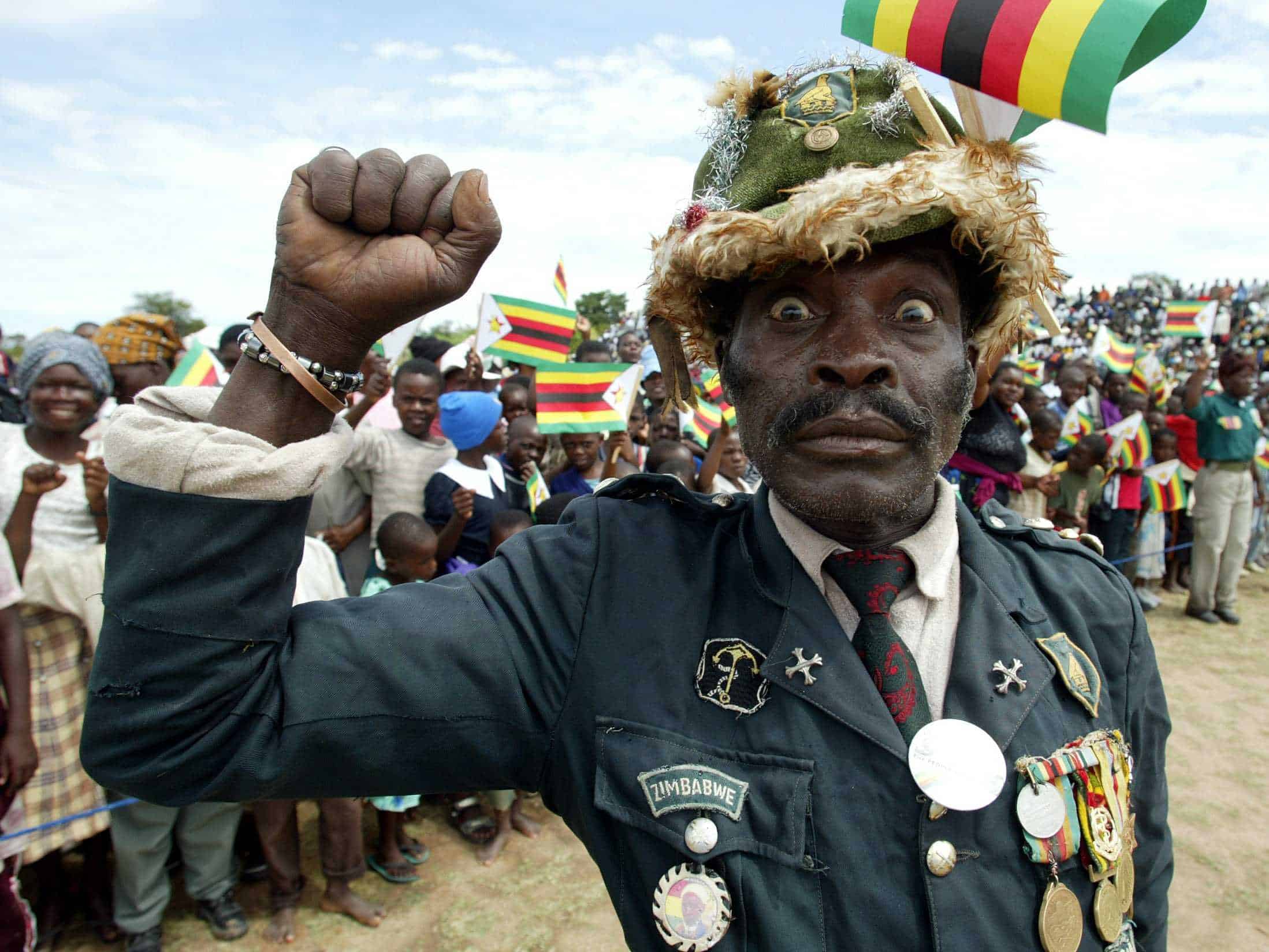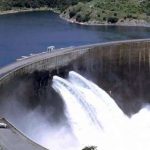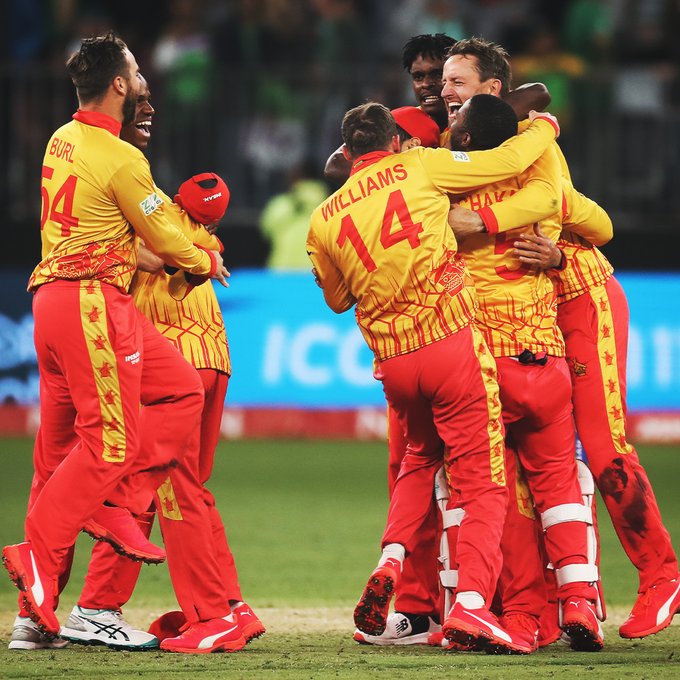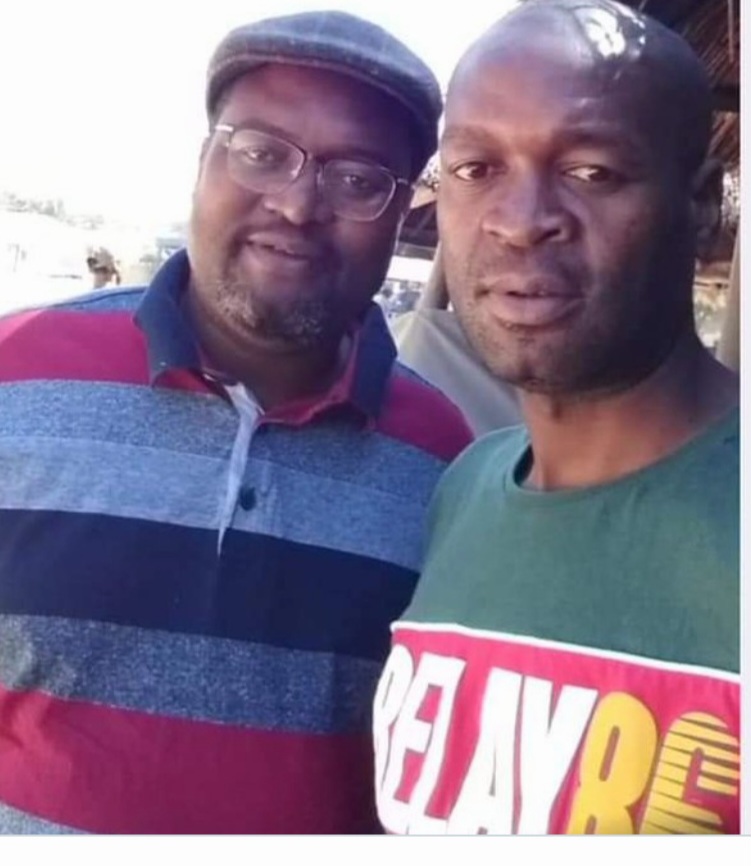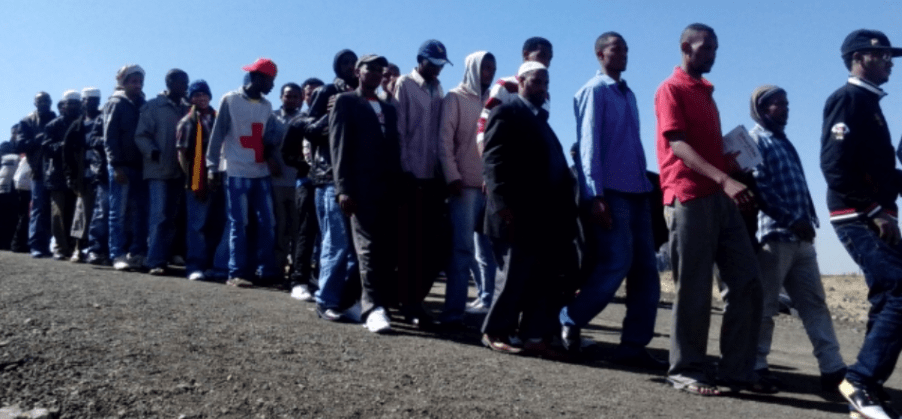ZwNews Chief Correspondent
The media is said to be the fourth arm of the state, its main role is that of playing oversight role over the other arms namely, the legislature, the judiciary, and the executive.
That being the case; the press has a duty to play in the society, the aim is that of identifying underlying problems; for instance corruption, and alert those with power to correct, if those in power fail to plug the identified loopholes (corruption), the media should come to the fore again, and find out why.
The media is not only there to report on bad things only, but on good ones too, with the aim to promote the good deeds and suppress the bad ones. In reporting news, the media is not doing the society a favour, but is obliged to do so, hence the need to report when things go bad, and also when things go well.
Objectivity as opposed to subjectivity is the heartbeat of journalism.
The media plays role in national development, exposing social-ills, and overseeing the establishment of democratic and more responsible governments.
The media is the eyes and ears of the society, but not a captured one.
A captured media is a disgrace, manipulated, and a mouthpiece and propaganda machine of those in power.
Such is like the Zimbabwean public media. It is always bent on bootlicking those in high office. During former President of Zimbabwe Robert Mugabe’s time the state media used to worship him, and now it is a new administration that is now is power, under President Emmerson Mnangagwa, and again it is ‘aluta continua.’
At some point, the state media highlighted how former vice-president in Mugabe’s era, Joice Mujuru was reported to have downed an enemy helicopter during the liberation war. When she fell from grace, the same media followed another narrative of the day, when senior ZANU PF officials claimed Mujuru never downed a helicopter.
That could have had been a case of sour grapes, but the state media failed scrutinise this change of narrative, it followed the winds of the day and failed to dig the truth up if she indeed downed a helicopter or not.
The public media is still captured; it is singing for its super, kicking the can down the same street and has lost the objectivity by bootlicking those in power.
When referring to the killings of unarmed civilians by the Zimbabwe National Army on 1 August 2018, the Zimbabwe Broadcasting Corporation (ZBC) has never reported objectively, it never mentions the army as the active player that led to the death of 6 people.
Whenever reporting about the incident ZBC rather says; “Six people died as a result of the disturbances that rocked Harare on 1 August 2018. The violence also saw property worth millions of dollars destroyed.”
Again when MDC-Alliance deputy chairperson Tendai Biti was giving evidence to the killings commission, ZBC cut transmission when he was chronicling how ZANU PF had used violence to torture and murder MDC supporters.
Zimbabwe’s state media has no room for those of opposite views.
As if that is not enough, its sister company, that is from the print; The Herald, a public paper is also in the same bandwagon. The two seem to be competing for honours in bootlicking the leaders.
The Herald recently described the Movement for Democratic Change (MDC-Alliance) protest held in Harare on 29 November 2018, as a failure. The paper down played the number of people who attended the demonstration alleging it was a flop. This was despite evidence from other media houses that covered the event, photos and videos taken by seemingly neutral press indicated that the event was attended by thousands of people.
Most recently when Winky Dee sang a song that was perceived to be against the bond note currency, the state media changes its view of him, and claimed he was not a good singer, despite having had written well about him as having had successful musical career.
Just because he had sang a seemingly anti-bond note song, the state media (The Sunday Mail) now claim Dee’s empire is crumbling like a deck of cards.
Meanwhile, veteran journalist Hopewell Chin’ono believes the state media has just become so predictable in how they handle reports on what they would have believed to have different views than theirs.
Chin’ono says that type of journalism is exactly what makes the state media comical.

